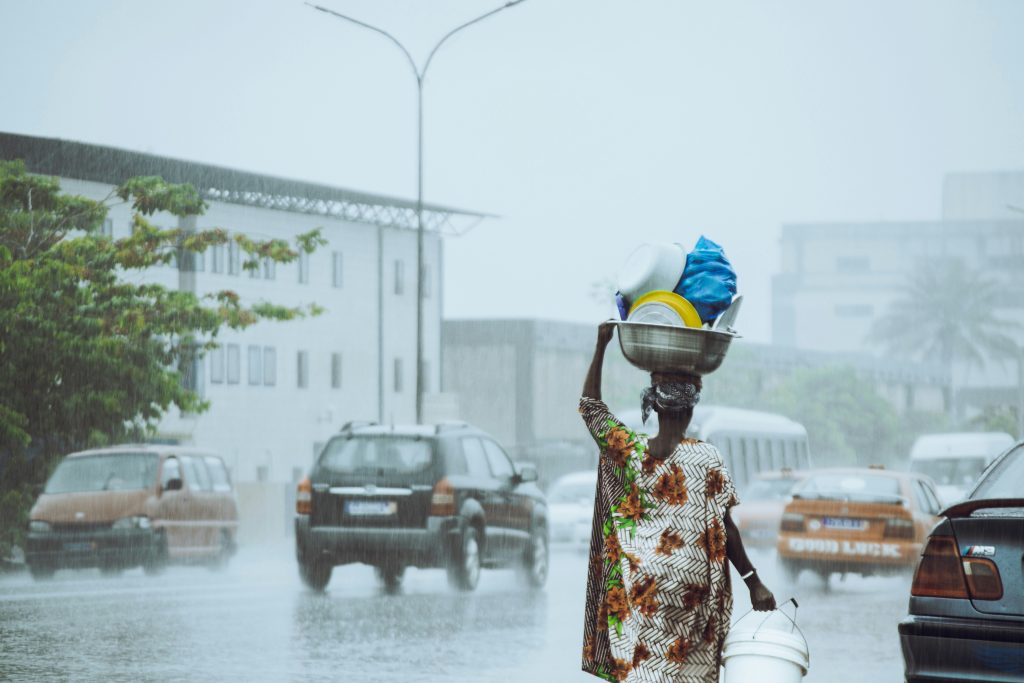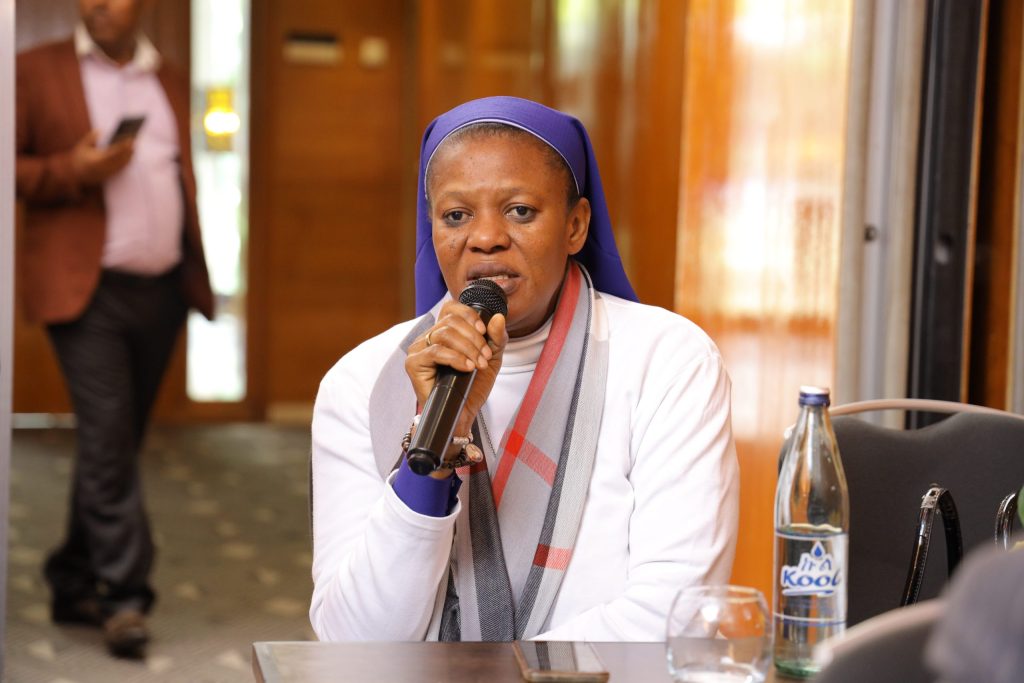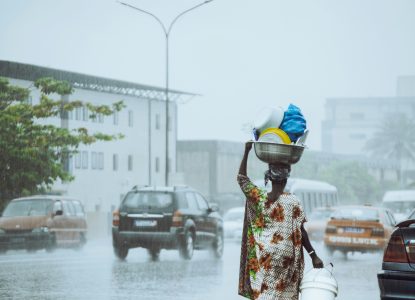By Marianna Richardson, Director of Communications for the G20 Interfaith Forum
– – –
On May 13-14, 2025, the G20 Interfaith Forum Association, in partnership with the United Religions Initiative (URI), the Inter-Religious Council of Ethiopia, and the African Union, hosted a two-day conference on “Africa’s Faith Communities: Advancing the Sustainable Development Goals, the African Union Agenda 2063, and G20 South Africa’s 2025 Process.” Among the critical themes explored throughout this historic gathering was gender justice—a cornerstone issue for achieving sustainable development and social transformation across the African continent. The discussions brought together religious leaders, government officials, and civil society representatives to examine how faith communities can champion gender equality while navigating deeply rooted patriarchal structures and cultural traditions. This focus on gender justice reflects the growing recognition that achieving the UN’s Sustainable Development Goals and the African Union’s Agenda 2063 requires meaningful inclusion of women in leadership roles and the dismantling of systemic barriers that perpetuate gender-based inequalities.
The following summary was compiled based on notes taken by Marianna Richardson throughout the conference proceedings. This represents the first of four topic-based summaries capturing the key insights and discussions from this landmark interfaith gathering.
Gender Justice and Patriarchy in Africa
Gender justice in Africa continues to be a critical issue. Patriarchy remains deeply embedded in many societal structures, including religious institutions. However, there is a growing acknowledgment of shifts in patriarchal norms, with increasing advocacy for women’s leadership roles, particularly within institutions like the Ethiopian Orthodox Church. Efforts are being made to engender justice and promote inclusivity within theological teachings and faith-based principles.
Engaging Religious Leaders and Institutions
Religious leaders play a significant role in either perpetuating or challenging gender injustices. There is a need to work closely with them, offering training and creating safe spaces where they can acknowledge past inaction and learn to address toxic masculinity. Many religious leaders are not equipped to respond to gender-based violence, making education and awareness essential. Encouraging dialogue and empathy within religious contexts can foster cultural transformation.

Grassroots Initiatives and Community Engagement
At the grassroots level, building relationships based on trust is crucial. Legal networks such as “Speak Up South Africa” have been instrumental in promoting justice education. Interactive learning spaces allow individuals to share lived experiences and understand gender issues more deeply. Hearing women’s stories firsthand helps develop empathy and strengthens the call for systemic change.
Cultural Challenges and Migration Issues
Cultural traditions and migration add layers of complexity to gender justice. African traditions, often seen as immovable, are sometimes influenced by Western funding and cultural narratives. The situation of stranded women in detention centers in countries like Lebanon, Libya, and the UAE highlights the vulnerability of migrant women. These stories underscore the need for nuanced conversations that consider both cultural pressures and systemic exploitation.
Women in Leadership and Industry
Despite societal challenges, there is a growing presence of women in leadership and industry. However, many women remain silent due to lack of encouragement and opportunity. Religious organizations can play a supportive role by offering platforms for women to speak and thrive. Both men and women must be involved in promoting equal representation and respect within families and communities.
Youth Engagement and Future Leadership
Youth engagement is critical to sustaining long-term change. Forums that bring together young people from diverse backgrounds every few months foster meaningful discussions on gender equality and societal roles. Encouraging youth to reflect on their impact and envision a better future helps shift mentalities. Their energy, time, and eagerness for change are essential for societal transformation.
Empowering Women and Celebrating Achievements
There is a collective vision to empower women by supporting one another and challenging sexist norms. Women should be celebrated, not reduced to traditional roles. Recognition of existing achievements helps inspire the younger generation to pursue their aspirations. Although men and women may have different paths, both should be equally respected and supported.

Spiritual and Moral Education
Religious communities can also contribute by offering moral and ethical education to children. Sunday schools and family-based spiritual practices help instill values such as respect, kindness, and cleanliness. These values are not confined to one faith and can be shared across religious boundaries, fostering unity and mutual understanding.
Church Initiatives and Positive Changes
The Ethiopian Orthodox Church has started making significant strides in including women in leadership roles. Women now participate in church services and teaching, demonstrating the potential for positive change. These developments reflect the Church’s broader message of love, empathy, and service to others. There is a growing community in the northern part of Ethiopia where gender roles are being redefined in traditional contexts.
The Role of Religion in Transformation
Religion has the power to unite and transform societies. By promoting inclusive traditions and debunking harmful cultural myths, religious organizations can influence positive change at the family and community levels. Governance systems must also evolve to reflect these shifts in culture.
Creating Equitable Conditions
To promote gender equality, societies must create conditions that allow men and women to work together as equals. This involves redefining indicators used to evaluate women’s contributions beyond traditional roles. Education, particularly programs that promote cultural shifts, is key to building a more just and inclusive society.
– – –
Marianna Richardson is the Director of Communications for the G20 Interfaith Forum. She is also an adjunct professor at the Marriott School of Business at Brigham Young University.


